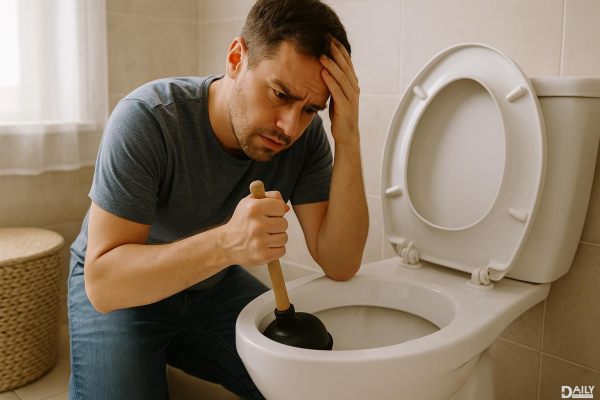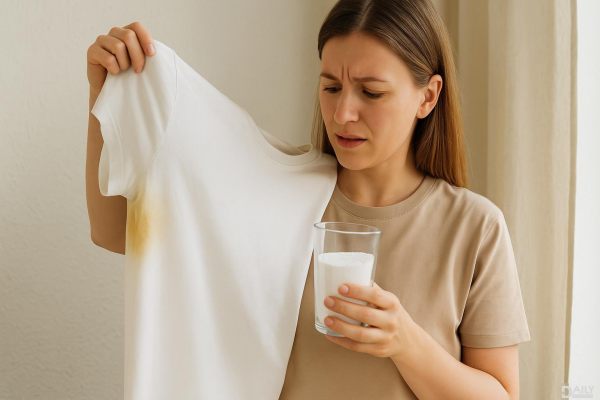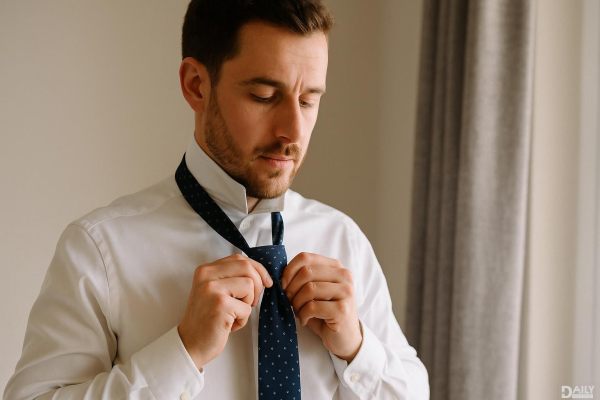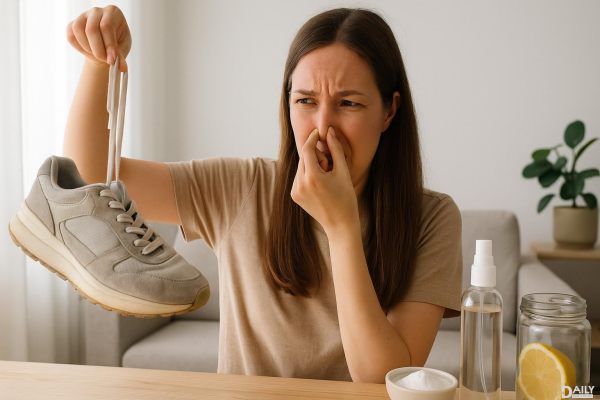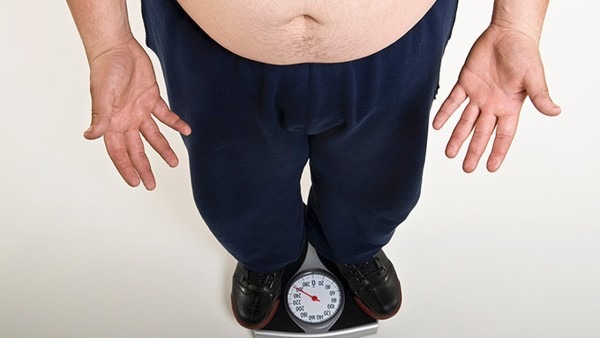Ashton Hall’s morning routine is the stuff of internet legend—3:55 a.m. wake-ups, ice water facials, and, yes, mouth taping. While some of his wellness hacks raise eyebrows (banana peels, really?), mouth taping has sparked a particularly heated debate. Proponents claim it can revolutionize sleep, reduce snoring, and even boost oxygen intake. But before you grab the nearest roll of tape, let’s break down what the science—and the experts—actually say about this viral trend.
The Science (or Lack Thereof) Behind Mouth Taping
Mouth taping is exactly what it sounds like: slapping a piece of tape over your lips to keep your mouth shut while you sleep. The theory? Forcing nasal breathing keeps your airway more stable, reducing snoring and mild sleep apnea. But here’s the kicker—most of the research backing these claims is flimsy at best. "The studies we have involve very few patients and aren’t well-designed," says Dr. Ulysses Magalang. One 2014 study found reduced snoring in 30 participants, but that’s hardly a game-changer. Another study on asthma patients showed zero improvement in symptoms. So while some TikTokers swear by it, the actual evidence is about as solid as a Jenga tower in an earthquake.
Potential Benefits—If You’re Lucky
If you’re hoping mouth taping will transform your sleep, temper those expectations. Dr. James McGuirk notes that it might help with mild snoring or sleep apnea by keeping the airway from collapsing. But for anything more severe? Forget it. "The effect on moderate or severe sleep apnea isn’t clear," Dr. Magalang adds. And let’s not ignore the fact that some people’s bodies straight-up rebel against the tape. A 2022 study found that sleep apnea patients still tried to mouth-breathe through the tape, which sounds like a nightmare waiting to happen.
The Risks: More Than Just Waking Up Sticky
Here’s where things get dicey. Mouth taping isn’t just ineffective for some—it can be downright dangerous. Dr. Chris Winter points out the risk of aspiration (inhaling saliva or worse), and Dr. McGuirk warns it could trigger anxiety or even suffocation if your nose is blocked. Then there’s the skin irritation factor—because who doesn’t love peeling adhesive off their face at 2 a.m.? "If you have symptoms like excessive snoring or daytime fatigue, see a doctor instead of DIY-ing it with tape," Dr. Magalang stresses. In other words, this isn’t a hack to try just because Ashton Hall makes it look easy.
If You Must Try It, Here’s How (But Seriously, Don’t)
Against all medical advice, still tempted? Fine. Use medical or surgical tape—not duct tape, not washi tape, and definitely not that leftover sticker from your kid’s craft drawer. "The strip should only bridge the lips, not cover the whole mouth," Dr. McGuirk advises. But let’s be real: Most sleep experts would rather you skip the trend entirely. "Get a sleep study first," Dr. Winter says. Translation: If you’re struggling with sleep issues, taping your mouth shut is like putting a Band-Aid on a broken leg.
At the end of the day, mouth taping is another wellness trend that’s long on hype and short on proof. While it might work for a lucky few, the risks far outweigh the potential rewards for most people. So unless you’re cool with waking up in a panic because you can’t breathe, maybe leave this one to the fitfluencers—and stick to proven solutions like, oh, consulting an actual sleep doctor.
